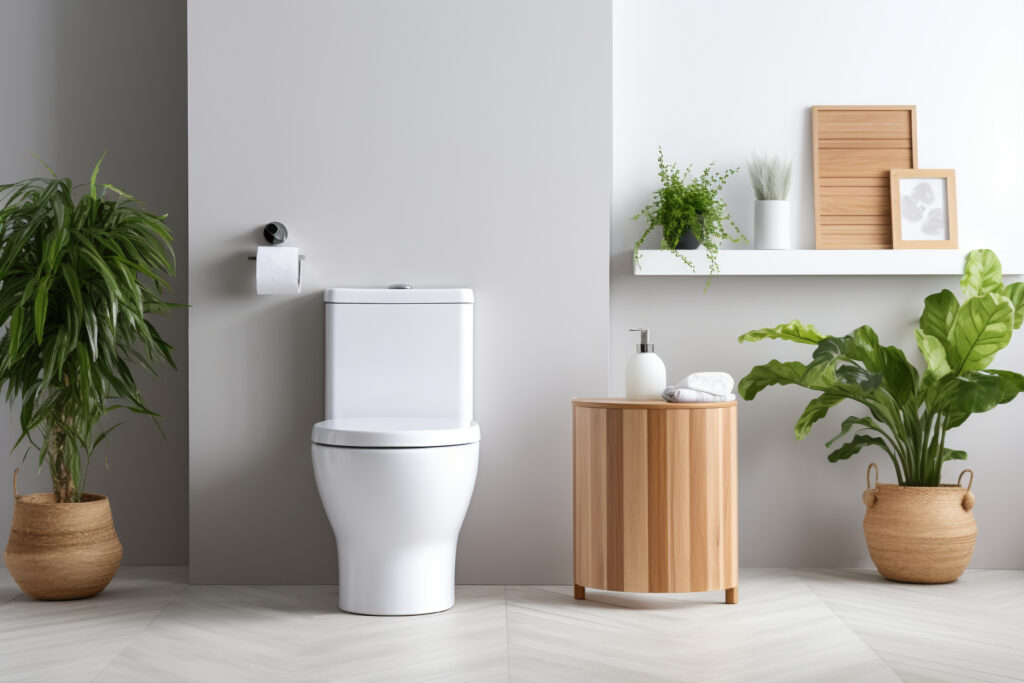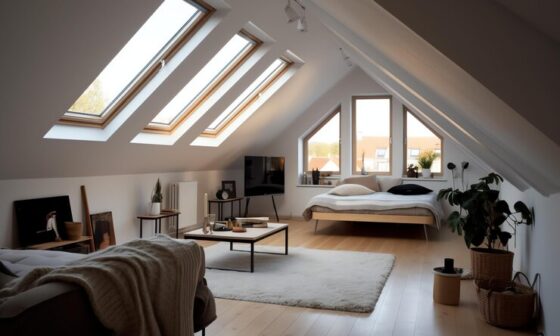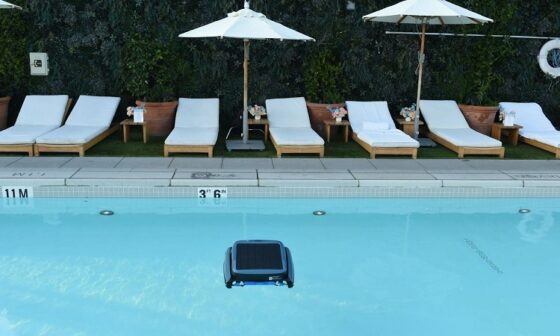
Just because something says it’s “flushable” doesn’t mean your plumbing agrees. Those cosy flats with charm and character? They often come with pipes that are… less than forgiving.
Flushing the wrong things can lead to nasty blockages, surprise repair bills, and awkward conversations with your landlord that no one wants.
The good news? A bit of toilet know-how can save you a lot of hassle.
Keep your pipes happy, your wallet intact, and your landlord smiling. Here’s what you should definitely keep out of the loo.
1. Wet wipes
Wet wipes might seem handy for cleaning, but they should not be flushed down the toilet. Even if the packaging claims they are “flushable,” most wet wipes do not break down like toilet paper does.
These wipes can get stuck in pipes and build up over time, leading to clogs and blockages. This can cause sewage to back up in your home or your neighbour’s property.
Your landlord will not be pleased if you cause plumbing problems by flushing wet wipes. To avoid problems, always throw used wipes in the bin instead of the toilet.
Flushing wet wipes increases the chances of repairs and expensive call-outs for blocked pipes. Keeping wipes out of the toilet helps prevent damage and keeps the drains working properly.
2. Cotton buds
Do not flush cotton buds down the toilet. They may seem small and harmless, but they do not break down like toilet paper.
Instead, cotton buds can get stuck in pipes, leading to blockages. Over time, these blockages can cause water to back up or drains to flow slowly.
Cotton buds sometimes pass through sewage filters and end up in rivers or the sea. This harms the environment and makes clean-up harder for everyone.
To prevent problems with plumbing and the environment, always put used cotton buds in the bin. Flushing them is never a good idea.
3. Cooking grease and fat
Pouring cooking grease or fat down the drain might seem quick and easy. However, once it cools, it hardens and sticks to the inside of pipes.
Over time, this build-up can block your drains and the main pipes in the building. These blockages are often difficult and expensive to fix.
Landlords are rarely responsible for clogs caused by cooking grease. If you clog the pipes with fat or oil, you may have to pay for repairs.
Instead of flushing grease, pour it into a container and put it in the bin. This helps keep your drains clear and prevents plumbing issues.
4. Sanitary products
Sanitary products like pads, tampons, and wipes should never be flushed down the toilet. These items do not break down in water like toilet paper does. Instead, they often swell up and block pipes.
Flushing sanitary products can lead to plumbing problems in your flat and the building as a whole. Blocked pipes can be costly to fix and may also cause leaks or bad smells.
Landlords will expect you to use bins for these items, not the toilet. Many rental agreements even remind tenants not to flush anything except toilet paper. Using the bin for sanitary products helps keep the plumbing system working properly.
If you flush sanitary items by mistake, let your landlord know right away to avoid bigger issues later. This can prevent further damage and makes it easier to solve the problem quickly.
5. Dental floss
You may think dental floss is harmless to flush, but it is not. Flushing dental floss can lead to plumbing problems in your home.
Dental floss does not break down in water like toilet paper. Instead, it can get caught in your pipes and collect other waste, causing a blockage.
Even if you only flush small amounts, the build-up over time can create bigger problems. This can lead to slow drains or even a complete clog.
Repairing these clogs can be expensive, and most landlords will not be pleased if the issue was caused by flushed dental floss. Always throw your dental floss in the bin instead of the toilet.
6. Medication and pills
You should never flush unused medication or pills down the toilet. Medicines are not removed by normal water treatment and can end up in rivers, lakes, and groundwater. This can harm fish, other wildlife, and even your drinking water.
Flushing pills can also block your pipes. Tablets may not dissolve properly and can get caught in the bends of your plumbing. Over time, this can lead to costly repairs in your flat or even the whole building.
If you need to dispose of old medication, it is best to take it to a pharmacy. Most chemists offer safe disposal services for unwanted medicines. This keeps your plumbing safe and helps protect the environment.
7. Nappies
You should never flush nappies down the toilet. Nappies are designed to absorb liquid and expand, not break apart in water. This means they can easily block pipes and cause serious plumbing problems.
Even if a nappy is labelled as flushable, it is still safer to put it in the bin. Flushing nappies can lead to costly repairs and might even damage the building’s plumbing system.
Landlords often place the responsibility for fixing blockages on tenants who flush items like nappies. To avoid plumbing fees or disputes with your landlord, always dispose of nappies properly in designated waste bins.
Don’t Flush The Wrong Things!
Tossing the wrong things down the toilet might seem harmless, but it’s a fast track to backed-up pipes, bad smells, and unexpected repair bills.
If your drains are gurgling, slow, or just plain suspicious, it’s probably time for a closer look.
Curious about what a drain survey costs? Call up a professional like Jonny’s Drains. Friendly, fast, and never judging your loo habits (no matter how weird).
Flush smart, live stress-free.


